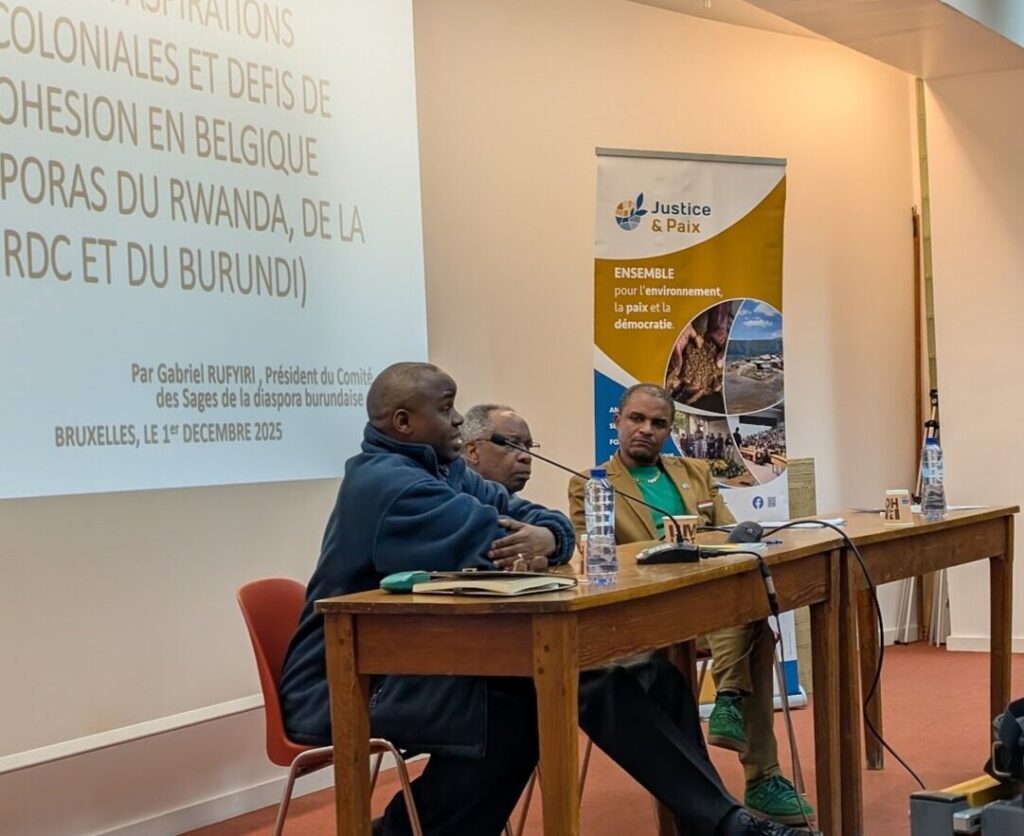The end of the Cold War and the breakup of the USSR did not remain without negative consequences for the main heir of this empire: Russia. But after years of economic and political crises, Russia is raising its head and intends to regain its status as a great power.
Helped by economic development linked to oil and gas revenues (exports of its resources to Europe and Asia), Russia has launched a vast offensive since the beginning of the 2000s in order to regain its status as an indispensable ally with his “near stranger”. It is a question of restoring its zone of influence in the post-Soviet space. Central Asia, the Caucasus, Central Europe are all areas that need to be reconquered in order to preserve Russia's geostrategic interests. To be an international power, you have to be the leader in your own region. Ukraine is particularly an important area for Russia that must not be lost to Western forces. The enlargement of the European Union and NATO to this country would be seen as an invasion of Moscow's backyard and must therefore be avoided. The American researcher Zbigniew Brzezinski even considered that “without Ukraine, Russia ceases to be an empire”. To continue to play a political role in Europe, Russia needs to maintain its influence over this geopolitical pivot, and thus uses it as an anti-Western shield. As no one wants the area to be destabilized, the United States and Europe are kindly letting Russia recover its capacity for influence in Ukraine. This is demonstrated by the lack of will of the European Union and NATO to see the country join these two structures.


